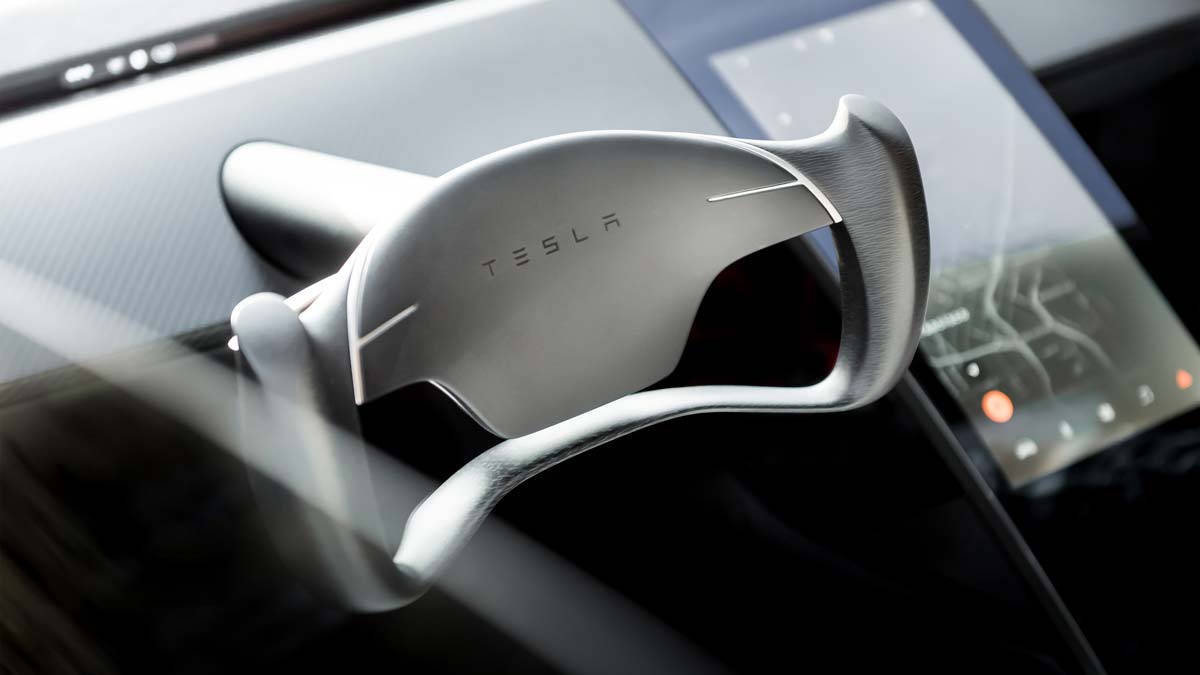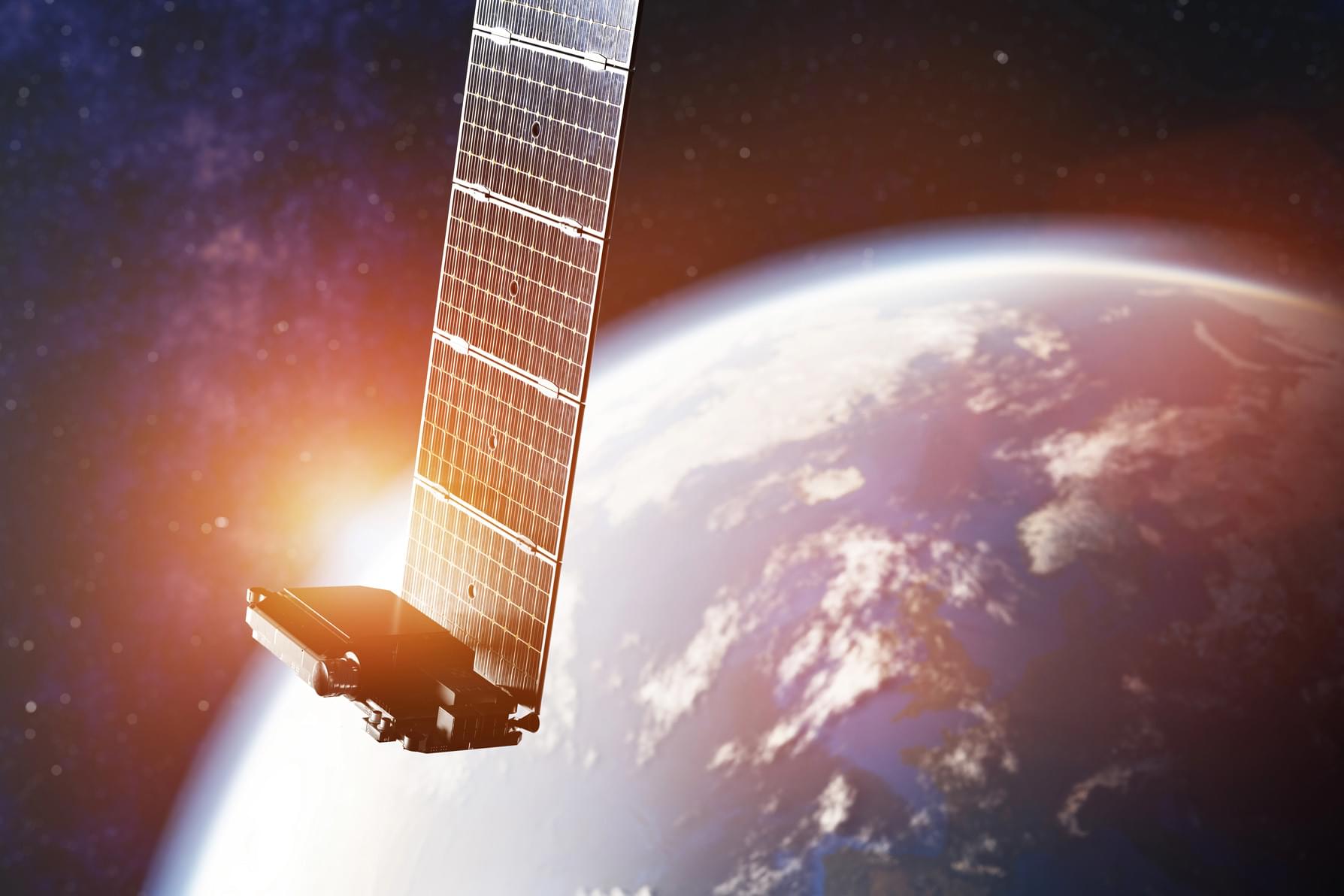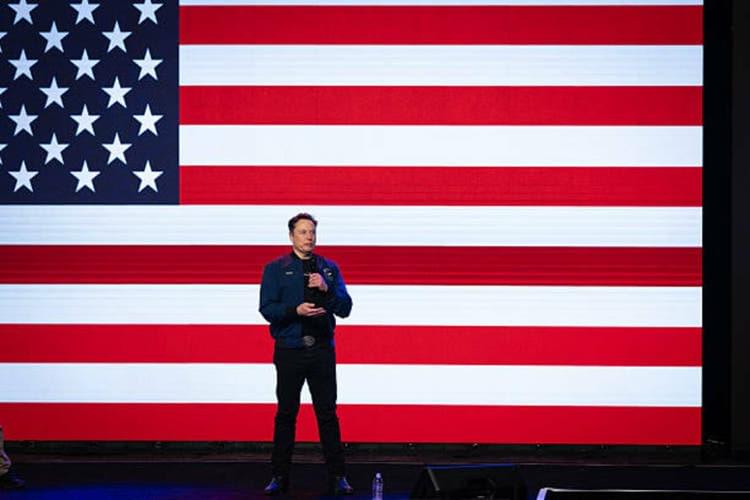Tesla CEO Elon Musk teases a new Tesla product after visiting the company’s design studio.


Tesla’s technological advancements and strategic investments in autonomous driving, particularly in its Full Self-Driving technology, are giving the company a critical and potentially insurmountable lead in the industry ## Questions to inspire discussion.
Tesla’s AI and autonomous driving advancements.
🚗 Q: When will Tesla’s Dojo 2 supercomputer start mass production? A: Tesla’s Dojo 2 supercomputer is set to begin mass production by the end of 2025, providing a significant advantage in autonomous driving and AI development.
🧠 Q: How does Tesla’s AI system Grok compare to other AI? A: According to Jeff Lutz, Tesla’s AI system Grok is now the smartest AI in the world and will continue to improve with synthetic data training.
🚕 Q: What advantages does Tesla have in autonomous driving development? A: Tesla’s Full Self-Driving (FSD) technology allows the company to collect and use real-world data for AI model training, giving it a significant edge over competitors relying on simulated or internet data.
Tesla’s Operational Excellence.
Questions to inspire discussion.
🏢 Q: What are Elon Musk’s current ownership stakes in Tesla and XAI? A: Musk owns 55% of XAI and 12.9% of Tesla, with potential to increase his Tesla ownership to 20% through a compensation package.
💰 Q: How do the valuations of XAI and Tesla compare? A: XAI’s valuation is expected to reach $200 billion in the next round, while Tesla’s valuation is approximately $1 trillion.
Potential Conflicts and Risks.
⚖️ Q: What conflict of interest exists for Elon Musk in a potential merger? A: Musk’s significant ownership in both companies creates a conflict of interest in merger discussions, as he must balance his interests in XAI (55% ownership) and Tesla (12.9–20% ownership).
🔒 Q: What control risk does Elon Musk face with Tesla? A: Musk currently lacks the 25% voting control needed for major decisions in Tesla, presenting a non-trivial control risk that could be mitigated through Tesla’s investment in XAI. ## Key Insights.
Matthew Berman
Elon Musk is hinting at revolutionary advancements in AI-generated content, potentially disrupting the gaming industry, with teasers about upcoming Tesla demos and the integration of XAI’s capabilities ## ## Questions to inspire discussion.
Tesla’s Competitive Advantage.
🚗 Q: How does Tesla maintain its lead in autonomous driving? A: Tesla leverages its “data flywheel” built by deploying millions of vehicles to collect real-world data, making it nearly impossible for competitors to replicate.
🤖 Q: What unique combination gives Tesla an edge in AGI development? A: Tesla’s real-world data stream combined with xAI’s language model, voice, video, and image generation capabilities provide the complete recipe for AGI.
Investment Opportunities.
💼 Q: Why do institutional investors undervalue Tesla’s autonomy lead? A: Institutional investors often view Tesla as just a car company, overlooking its unassailable autonomy advantage, while xAI is seen as a pure AI company.
Massimo Pigliucci, Roman Yampolskiy, Anders Sandberg, and Nadine Dijkstra discuss the latest developments in neuroscience and computer programming.
Can we upload our minds to computers?
With a free trial, you can watch the full debate NOW at https://iai.tv/video/consciousness-in-the-clouds?utm_source=…escription.
The idea of uploading our minds to the digital cloud has not only been taken seriously by Silicon Valley, but turned into a detailed business plan. Elon Musk claims digitising consciousness will revolutionise humanity, and the industry is estimated to be worth $50 billion by 2030. But it’s unknown whether, in principle, we can replicate minds with computer code, or whether we should seek to do so. Critics argue we have no idea how a machine could create consciousness, and neuroscientists have yet to provide an explanation for how the brain does so. A survey of specialists by Nature found the majority thought it unlikely AI would achieve consciousness anytime soon.
Should we see talk of uploading our minds to the cloud as implausible tech marketing nonsense? Should we conclude that if thought and consciousness are unobservable, it will not be possible to replicate the mind with silicon chips? Or is digital immortality such a profound and important sea change in our lives and potential that we should pursue it at all costs?
#consciousness #ai #artificialintelligence #elonmusk #neuralink #neuroscience.
Questions to inspire discussion.
🚀 Q: How might Elon Musk’s diverse projects contribute to Tesla’s value? A: Musk’s involvement in AI, energy, transportation, and communication through projects like Tesla, SpaceX, and Neuralink demonstrates his capacity to make progress on multiple fronts, potentially creating significant value for Tesla.
Political Involvement and Economic Strategy.
🏛️ Q: Why is Elon Musk getting involved in politics? A: Musk’s political involvement aims to create a better political system on Earth, addressing the unsustainability of US government spending and debt to avoid a fiscal doom loop.
📊 Q: What is Musk’s strategy to improve the US economy? A: Musk plans to accelerate GDP growth through AI-driven growth, humanoid bots, and reducing government spending and waste, potentially breaking free from the constant 7% growth line of the US stock market.
💰 Q: How could reducing government spending benefit the economy? A: By cutting wasteful spending and implementing a balanced budget requirement, the US could potentially grow its economy faster than its spending, reducing interest costs and freeing up money for other investments.

«Kyivstar» plans to launch new Starlink services this year. Their range and capabilities will be expanded over time.
Oleksandr Komarov, CEO of «Kyivstar», told the agency about the company’s plans to Reuters in Rome. According to him, messaging will be launched by the end of 2025, and mobile satellite broadband will be launched in mid-2026.
Field tests of the new communication began in late 2024 as part of an agreement with SpaceX. For its part, Elon Musk’s space company will launch the possibility of direct communication with mobile phones in the country.
Around the world, technology is slowly becoming a part of our bodies. What was once shown only in science fiction movies is now becoming real.
For example, in Sweden, thousands of people already have small chips inside their hands. These chips help them open doors, unlock cars, and enter offices—without using keys or cards. These tiny chips make daily life easier and smoother.
Now imagine—what if a chip could not only make life easy but also help people with disabilities?
This is what Neuralink, a company started by Elon Musk in 2016, is trying to do.
Neuralink’s dream is to connect the human brain directly with a computer using a very small chip. Their main aim is to help people who have serious spinal injuries and cannot move.
In early trials, Neuralink showed positive results. Some people with paralysis could move a computer cursor or play a chess game—just by thinking. This has given hope to many people who cannot move.
But recently, Elon Musk made a new and bold statement that caught the world’s attention.
In a post on social media platform X (earlier called Twitter), Musk said that Neuralink’s brain chip could help deaf people hear—even those who were born deaf.
He explained that this chip would directly send signals to the part of the brain that understands sound. So, even if a person’s ears do not work, they might still be able to hear.
This is different from cochlear implants, which help some deaf people by sending signals to the hearing nerve. Neuralink’s chip would go even deeper—straight to the brain’s hearing area.
If successful, this chip could help those who cannot use cochlear implants and give them a new way to experience sound. Elon Musk even said that in the future, such chips might give humans “super-hearing”—allowing them to hear sounds that normal ears cannot hear.
However, this is still just an idea. The chip is still being tested. Many technical, safety, and ethical questions are yet to be answered.
Also, many Deaf people and experts have said that deafness is not a problem to be “fixed.” For many, deafness is an identity, a language, and a culture. They want to be respected for who they are—not forced to change.
At ISH News, we agree with this view. We do not believe that deafness must be “cured.” We also do not support the idea of putting chips inside the body through surgery.
But as a news platform made for the Deaf community, we believe it is important to share such news. We want to keep our viewers informed so they can think and talk about these big topics.
We are here to provide both sides of the story—the big promises of this new technology, and the serious questions it raises. This way, our community can decide what they think for themselves.
The world is now watching to see what Neuralink does next—and whether this brain chip can really change the way people live.
#Neuralink #ElonMusk #HearingRestoration #BrainChip #Deafness #HearingLoss #CochlearImplant #DisabilityTech #Neurotechnology #FutureTech #MedicalInnovation #techforgood #ISHNews #ISL #IndianSignLanguage #SignLanguage.
ISH News broadcasts the Daily News and Entertainment online in Deaf-friendly accessible formats which are in Indian Sign Language (ISL), visual images with titles, voice-over and closed-captions. This ensures that we provide equal access to every individual, whilst promoting awareness.
Follow us for all the latest News & Entertainment and to keep up-to-date on all the happenings at ISH News:
WhatsApp Channel: https://ish.news/ish-whatsapp.
Facebook: https://www.facebook.com/ISHNews/
Twitter: https://twitter.com/ishnews_tv.
Instagram: https://www.instagram.com/ishnews/
Official Site: http://www.ishnews.tv/
Thanks for watching!! Favourites, Likes, Feedbacks & Shares are always appreciated.
